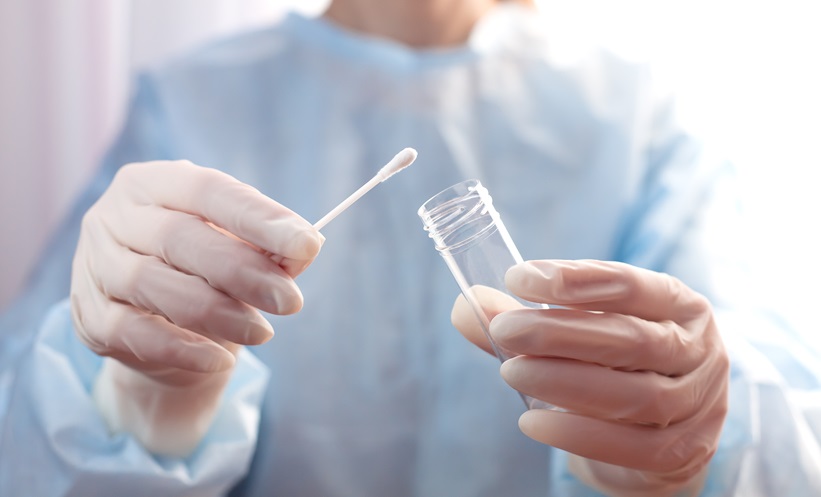SALIVA contains hundreds of DNA methylation biomarkers that could predict the risk of developing major diseases such as cancer, heart disease, diabetes, and Parkinson’s, offering a promising non-invasive diagnostic tool beyond the oral cavity.
Traditionally, saliva has been underutilised in clinical diagnostics, despite being an easily accessible and non-invasive biofluid. Recent advances in molecular genetics have highlighted its potential for detecting systemic diseases, paving the way for early diagnosis and personalised medicine.
In this study, researchers from the University of the Basque Country analysed saliva samples from over 350 individuals, constructing comprehensive datasets of cis-methylation quantitative trait loci (cis-mQTL, n=345) and cis-expression quantitative trait loci (cis-eQTL, n=277). They examined the relationships between DNA methylation (DNAm) and gene expression in saliva, then integrated these findings with summary statistics from 36 genome-wide association studies (GWAS) using Summary-based Mendelian Randomization (SMR). This approach identified 501 CpG sites and 24 genes as candidate saliva-based biomarkers, alongside 56 expression quantitative trait methylations (eQTMs) associated with conditions such as prostate cancer, squamous cell carcinoma, coronary artery disease, type 2 diabetes, and Parkinson’s disease. The study also catalogued common genetic polymorphisms in saliva that act as switches for gene activity, many of which overlapped with known risk factors for chronic diseases found in large international genetic studies. Notably, some saliva-based molecular markers explained a greater proportion of disease heritability than traditional blood-based indicators.
These findings suggest that saliva analysis could become a powerful, non-invasive method for early detection, risk assessment, and monitoring of a wide range of systemic diseases. For clinical practice, saliva-based molecular testing could greatly enhance patient comfort and accessibility, reduce the need for blood draws, and enable more frequent or widespread screening. The creation of an open-access database of saliva-derived genetic data further supports future research and innovation in this field. However, further validation in larger and disease-specific cohorts is needed before saliva biomarkers can be routinely used in clinical settings. Nevertheless, this research marks a significant step towards integrating saliva-based diagnostics into precision medicine, potentially transforming how common diseases are detected and managed.
Reference
Hernangomez-Laderas A et al. Saliva as a potential diagnostic medium: DNA methylation biomarkers for disorders beyond the oral cavity. npj Genom Med. 2025;10:49.








